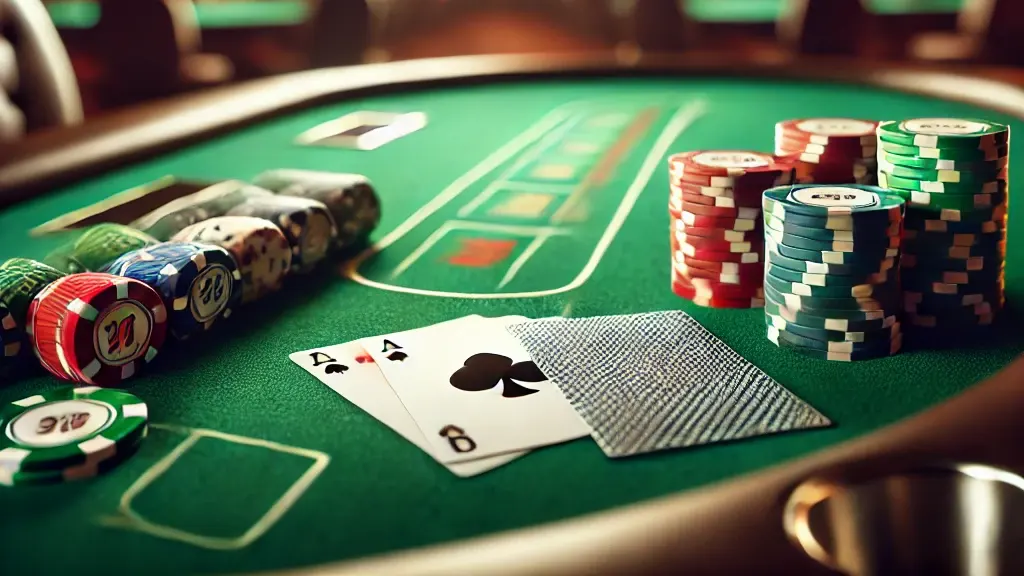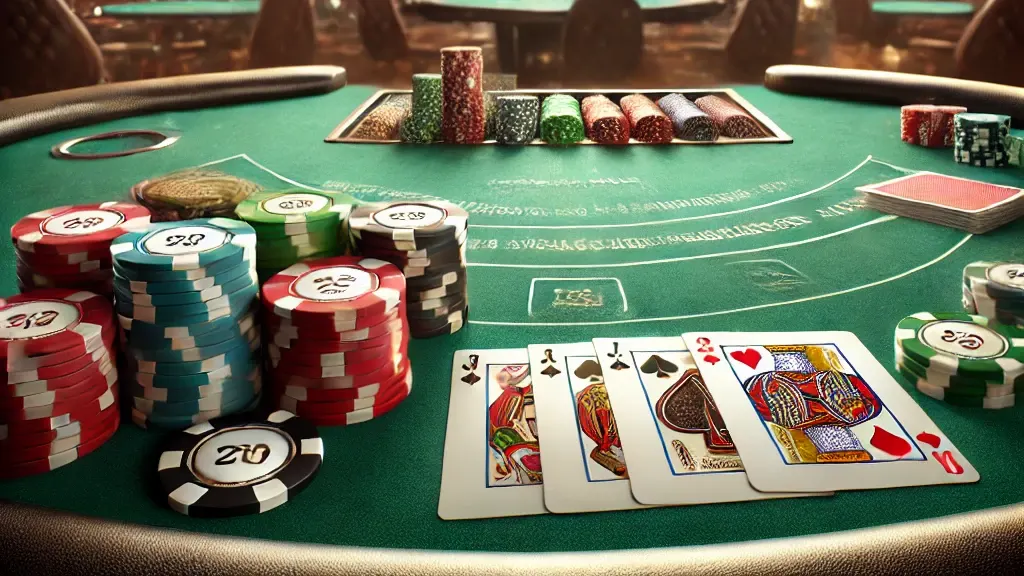
How to Prepare for a Poker Tournament
Poker is becoming increasingly popular among gambling enthusiasts. For beginners, participating in a tournament might seem daunting, but with the right approach and preparation, it can be an exciting and rewarding experience. This article explores how newcomers can better prepare for a poker tournament to maximise their chances of success.
Understanding Tournament Rules
Before participating in a tournament, it is essential to familiarise yourself with its rules. Each tournament has its own unique features, such as betting structure, blind levels, and time limits. Carefully studying the terms of play will help you avoid misunderstandings during the competition. Knowing the basics will ensure you stay within the rules and play comfortably.
It is also important to consider the specific format of the poker discipline. For example, Texas Hold’em and Omaha have significant differences that affect strategy. Additionally, tournaments can vary by structure: single-day, multi-day, fixed jackpot, or progressive jackpot. A detailed understanding of these nuances can prevent unexpected situations.
Key Aspects of the Rules
Start by examining the tournament format: Is it a fixed-stack event, turbo tournament, or freezeout? Pay attention to the starting stack size and the frequency of blind increases. It’s also crucial to understand rules regarding breaks and re-entry (re-buy) options. This knowledge allows you to adjust your strategy to fit the game’s conditions. For instance, aggressive play might be vital in turbo tournaments, whereas patience pays off in classic formats.
Special attention should be given to rules on table etiquette and behaviour. Adhering to these norms boosts your credibility among fellow players and helps avoid conflicts. Understanding the rules also lets you leverage opportunities while steering clear of penalties.
Physical and Mental Preparation
Participating in a poker tournament requires not just technical skills but also physical and mental stamina. Tournaments can last for hours, making it crucial to be prepared for prolonged focus. A strong player is one who can manage their emotions and maintain composure even in the most challenging situations.
Additionally, prepare your body for extended gameplay. Avoid heavy meals during the tournament, as they may induce drowsiness, and stay hydrated. A healthy diet and regular exercise improve endurance and keep your mind sharp. Mental preparation includes practices such as meditation or breathing exercises to reduce stress.
The Importance of Rest
Ensure you get a good night’s sleep before the tournament. Rest sharpens your decision-making abilities and keeps your mind clear. Avoid excessive caffeine, as it can lead to nervousness and reduced focus. Plan for short breaks during the tournament to relax your eyes and stretch your muscles. These habits will help you maintain physical fitness and concentration.
It is equally important to relax between rounds. Find an activity that helps you de-stress, such as walking, listening to music, or meditating for a few minutes. These techniques will help you avoid emotional burnout and keep a positive mindset.

Financial Strategy
For beginners, managing your bankroll wisely is key to avoiding excessive financial risks. Set a spending limit and stick to it, even if the game doesn’t go as planned. Planning your finances helps you make rational decisions and avoid impulsive actions that may lead to losses.
Your financial strategy should also involve selecting tournaments that match your skill level. Avoid entering competitions with stakes that are too high, as this could quickly deplete your bankroll. Choose events with a buy-in that aligns with your financial capacity. As you gain experience, you can gradually move to higher levels.
Budget Planning
Calculate your bankroll to ensure tournament participation won’t affect your financial obligations. Also, account for additional costs such as travel, accommodation, and meals if the event is held offline. Remember that financial pressure can negatively impact your game, so it’s essential to play only with money you’re prepared to lose.
Consider creating a reserve fund to cover unforeseen expenses. This will help you avoid stress and stay focused on the game. Effective financial management is not just a cornerstone of poker success but an essential life skill.
Overall, preparing for a poker tournament is a comprehensive process that involves both technical and mental readiness. Use these tips to feel confident at the poker table and enjoy the game to its fullest.
